Biden and Harris avoid media criticism over Helene response
- Update Time : Wednesday, October 9, 2024
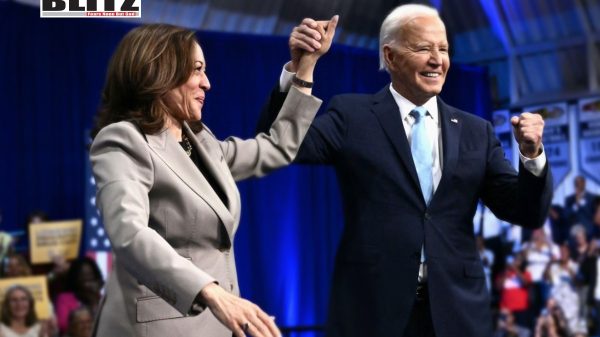
Hurricane Katrina, which struck the Gulf Coast in 2005, remains a painful memory for many Americans, particularly those affected by the disaster. The catastrophic response by the federal government, led by then-President George W. Bush, drew widespread criticism and scrutiny. The media depicted Bush as detached and indifferent, particularly towards the largely Black communities in New Orleans. The aftermath of Katrina revealed deep-seated issues of race, poverty, and governmental incompetence. Many observers believe that if the majority of victims had been white, the government’s response would have been far more rapid and compassionate.
Fast forward nearly two decades, and we find ourselves in a similar scenario with Hurricane Helene, which ravaged parts of Florida, Georgia, and the Carolinas in late September 2024. However, the political landscape surrounding this disaster paints a stark contrast to that of Katrina. While Katrina highlighted racial and socioeconomic disparities in disaster response, Helene has showcased a different kind of governmental sluggishness, one that has received far less media attention and public outcry.
In the wake of Helene, the Biden administration has faced criticism for its delayed response. The storm hit the Southeast on September 26 and 27, yet FEMA did not issue an emergency declaration until September 29. This delay prompted Georgia Governor Brian Kemp to vocally advocate for additional assistance, pushing the federal agency to include more counties in the declaration. This slow reaction raises questions about whether political motivations influenced the speed and efficiency of disaster relief.
While the media was relentless in scrutinizing the Bush administration during and after Katrina, the current administration appears to be enjoying a shield from similar criticism. The areas hardest hit by Helene predominantly consist of conservative voters, which may influence how the media and the public perceive the federal response. Despite the evident bureaucratic delays and mismanagement, there has been minimal outcry from major news outlets.
Racial dynamics played a significant role in the discourse surrounding Katrina, with many Black leaders and commentators asserting that race influenced the federal government’s lackadaisical response. For example, Jesse Jackson noted that many Black citizens felt their race and socio-economic status impacted the government’s actions. Andrew Young, the former mayor of Atlanta and UN ambassador, remarked that there might be a harsh truth to the belief that the government did not care because the victims were predominantly poor and Black.
With Hurricane Helene, the demographic of the affected population is largely white and conservative. This shift complicates the narrative, as some critics have pointed out that the media has largely moved on from the story. This is exemplified by the New York Times shifting focus back to other narratives, such as the January 6th Capitol riot, rather than diving into the inadequacies of the federal response to Helene.
In contrast to the days of wall-to-wall coverage following Katrina, many outlets seem reluctant to dive deeply into the stories of individuals affected by Helene, especially if doing so would implicate the Biden administration in wrongdoing. This discrepancy raises serious questions about media bias and the broader implications of race and politics in disaster management.
One of the most disheartening aspects of the response to Helene has been the bureaucratic foot-dragging evident at multiple levels of government. The administration did not activate the 82nd Airborne Division at Fort Bragg until October 2, nearly a week after the storm hit. This delay in deploying military resources for search and rescue operations has frustrated many local leaders and citizens.
Erick Erickson, a conservative commentator, highlighted this inconsistency in a recent column, noting how bureaucracy has stymied the response efforts. He criticized the federal government for not waiving ordinary rules during this emergency, suggesting that local knowledge and initiative were being overshadowed by rigid bureaucratic protocols. Moreover, competent private operators who had already begun rescue efforts were often sidelined, hampering timely aid to those in desperate need.
Erickson pointed out that while ordinary Americans have stepped up to provide assistance and supplies, their efforts are being undermined by a slow-moving bureaucracy that does not recognize the urgency of the situation. This disconnect between local realities and federal responses echoes the frustrations seen in the aftermath of Katrina.
The discrepancies in media coverage and public response highlight the need for vigilance and accountability. It is essential for citizens-especially those who identify as conservatives or who are sympathetic to the affected areas-to call out the Biden administration when it fails to meet its obligations to the public during disasters. The contrast between the media’s treatment of Bush’s administration post-Katrina and Biden’s current handling of Helene is glaring and raises critical questions about fairness and equity in the public discourse.
While it is crucial to assess the response to disasters without bias, it is equally important to acknowledge when political motivations influence the narrative. The media’s failure to scrutinize the Biden administration as rigorously as it did Bush’s during Katrina reveals a troubling double standard. It reflects a broader trend of politicization in disaster response, where the party in power is often shielded from the same level of criticism that its predecessors faced.
As we move forward, it is imperative for all Americans to engage in the discourse surrounding disaster management and to hold their leaders accountable, regardless of political affiliation. The plight of those affected by Helene should not be overshadowed by political considerations. As we continue to grapple with the long-term effects of climate change and increasingly severe weather events, it is vital to advocate for equitable and effective responses that prioritize the welfare of all citizens-regardless of their race or political beliefs.
While the devastation wrought by Hurricane Helene may not receive the same level of scrutiny as Hurricane Katrina, it is essential that we remain vigilant. We must ensure that every individual affected by disaster receives the support they need, irrespective of the political landscape or demographic factors. The responsibility lies with all of us to challenge narratives, hold our leaders accountable, and ensure that the lessons from the past are not forgotten.


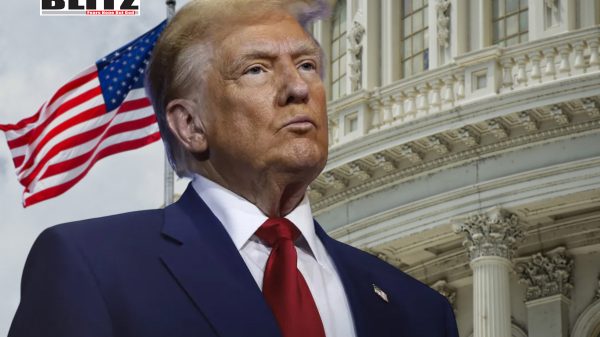

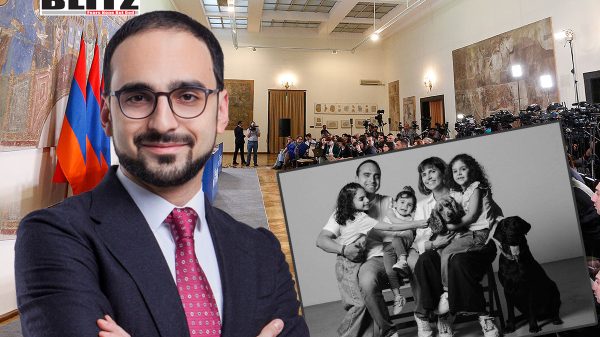
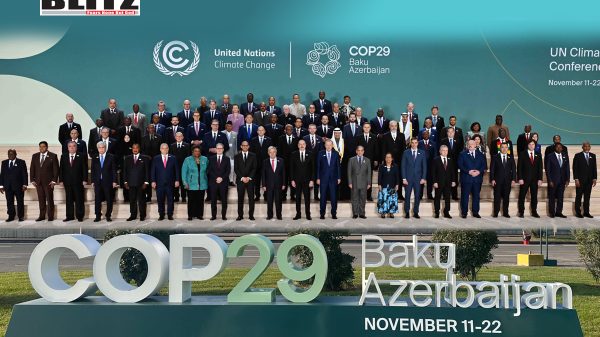
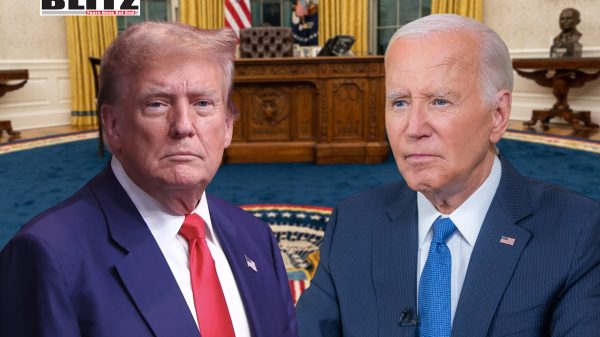



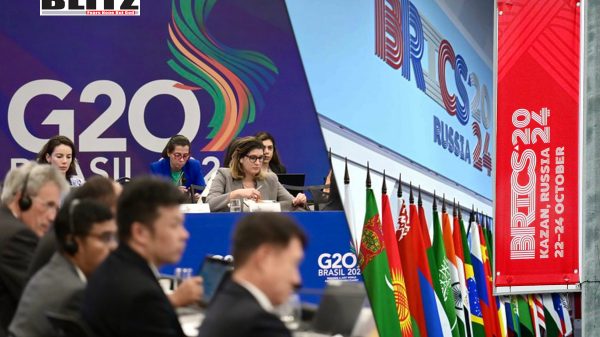
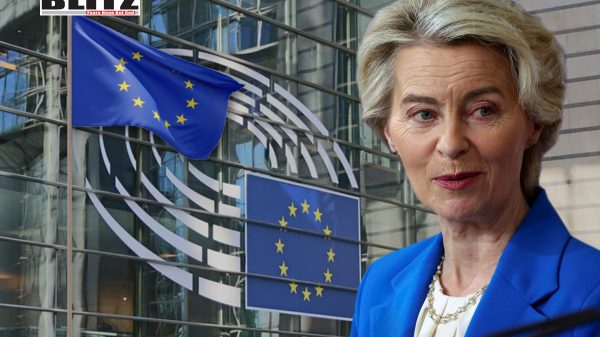

Leave a Reply